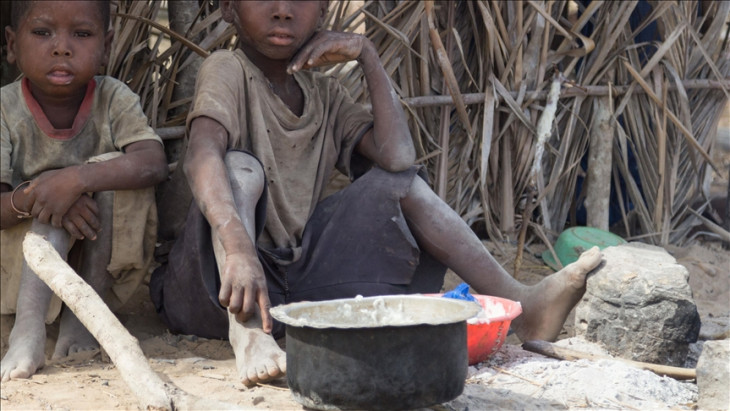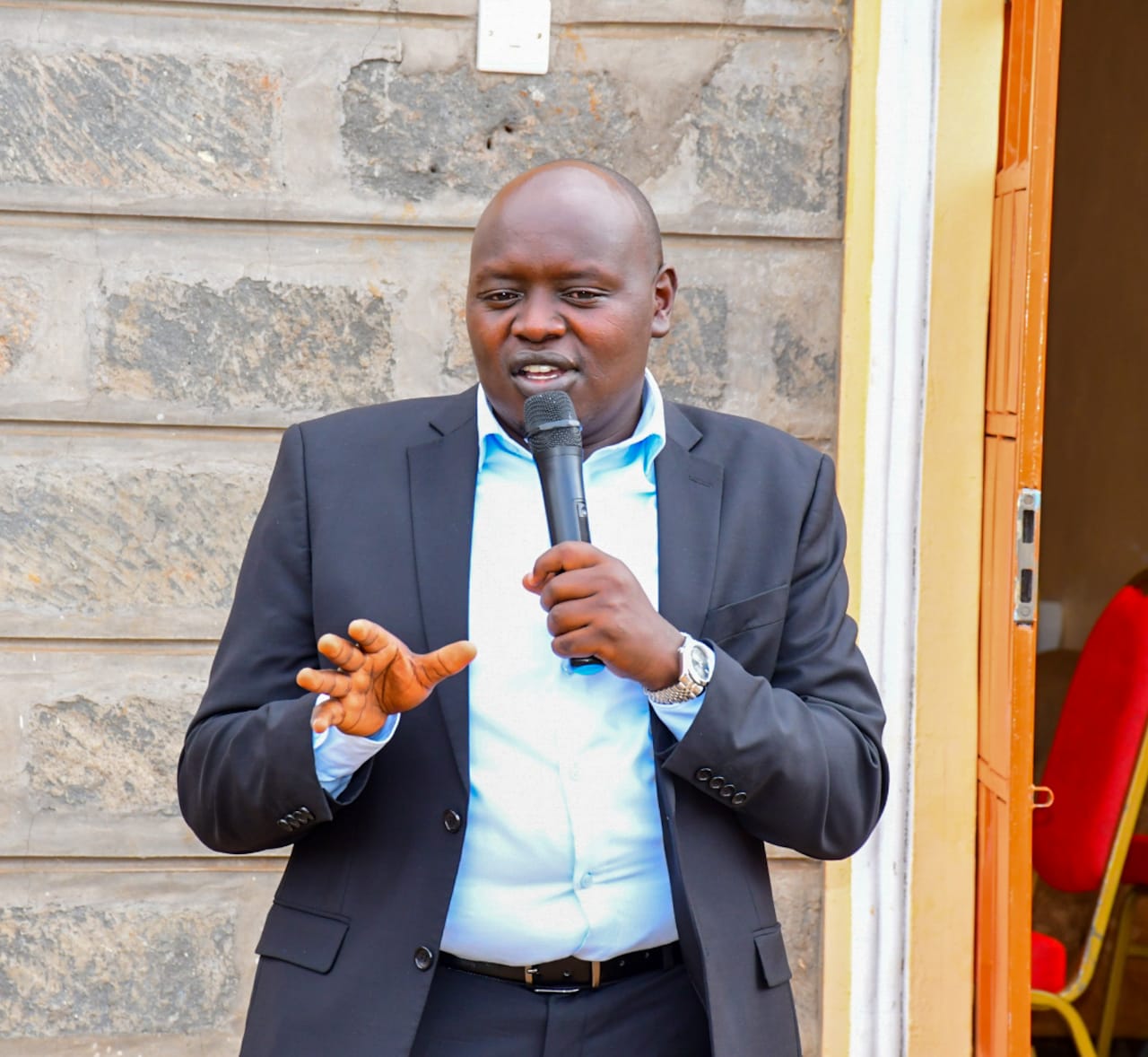Let’s urgently address food insecurity situation

Reports of millions of Kenya facing severe hunger should be a wake-up call to the government and political leaders as we head to the General-Election.
Prolonged drought and failed rains have led to crop failures in many parts of the country and an abnormally high rate of livestock deaths in the northern region of Kenya.
The severe levels of hunger come in the midst of conflict, flooding and a massive two-year drought in East Africa – unprecedented in 40 years. The matter should be of particular concern to presidential contenders since it appears to have been overshadowed by the political rhetoric dominating the campaigns.
Food security should be the priority now with a major transformation of the agricultural systems required to find a permanent solution to the perennial hunger problem.
Droughts are becoming more frequent and severe and are one of the key drivers of hunger, devastating livelihoods and forcing families from their homes. 3.1 million Kenyans are reported to be facing starvation.
Kenya has suffered a 70 per cent% drop in crop production and the government has declared a national disaster. Nearly half of all households are having to borrow food or buy food on credit.
These impacts require not only immediate humanitarian action and the importance of building resilience of communities for the future. Shocking stories are emerging from many counties in the arid and semi-arid regions.
Pastoralists have been hard-hit, with their livestock decimated, including the hardy camels and donkeys. The lack of rains is also driving displacement as families are forced to move in search of water and pasture, leading to intercommunal conflicts.
Oxfam last week reported that more than 28 million people across East Africa face a profoundly alarming hunger crisis, with areas of Ethiopia, Kenya, Somalia, South Sudan and beyond experiencing an unfolding full-scale catastrophe. The humanitarian agency noted that even if the rains arrive, full recovery will be near impossible unless urgent action is taken today. Mobilization of national and international humanitarian aid is needed now to avert destitution.
Presidential candidates should make the mitigation of the impacts of drought the top item on their election agenda. They must remember that agriculture is the mainstay of our economy and the lifeblood of our citizens.
For sustainable development in the Covid-19 era, labour, production on farms and SMEs, we needs to refocus agriculture with a resilient lens based on the food economy and the smallholder farmer.
Kenya’s situation is reflective of other African countries where 65% of the continent’s adult population is engaged in agriculture as a source of livelihood and 68% of the rural income is generated from farms.
Africa’s agriculture and food security and nutrition situation is compounded by the devastating impacts on lives and livelihoods by Covid-19 and climate change.
The pandemic 19 that has caused disruptions on lives and livelihoods and information. Our dependency on food imports and low purchasing power threaten to push millions into food insecurity and poverty.
African Heads of State and Government at the AU Assembly adopted the Maputo Declaration on Agriculture and Food Security in Africa 17 years ago.
At that meeting in July 2003, the leaders endorsed several ambitious decisions regarding agriculture, the most prominent one being the “commitment to allocate at least 10% of national budgetary resources to agriculture and rural development policy implementation within five years” of the declaration.
Nearly 20 years later, this commitment is far from being realised and the 10 per cent pledge remains largely unfulfilled.









